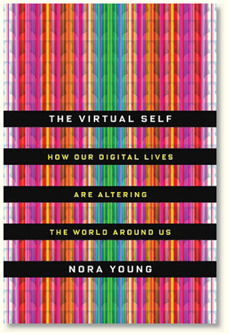Abstract
While reading Thomas L. Friedman’s description of how he exclaimed to his wife “I’m going to write a book called The World Is Flat,” I could hear in my mind Martin Heidegger retorting, “The worldview is flat.” In the book he did write, Friedman considers the flattening of the world to be a phase of globalization that began with the fall of the Berlin Wall. In Heidegger’s work The Age of the World Picture there is no mention of “globalization” as such. Yet the essay does describe how a confrontation of worldviews results in the “flattening” of objectivity. This paper will demonstrate how Friedman’s notion of globalization as the levelling of the economic playing field brought about by technological change is consistent with Heidegger’s metaphysical notion of a confrontation of worldviews. It will also propose that our current age of globalization, although markedly different from Heidegger’s age of world picture, represents a metaphysical shift anticipated by him. Finally, it will suggest that reflection on the different metaphysical groundings of the medieval, modern and postmodern ages reveals a technological spectrum that begins with the mythology of creation and ends with the ideology of globalization. Continue reading


 On April 24th I attended the book launch in Toronto for The Virtual Self: How Our Digital Lives Are Altering The World Around Us by Nora Young.
On April 24th I attended the book launch in Toronto for The Virtual Self: How Our Digital Lives Are Altering The World Around Us by Nora Young.